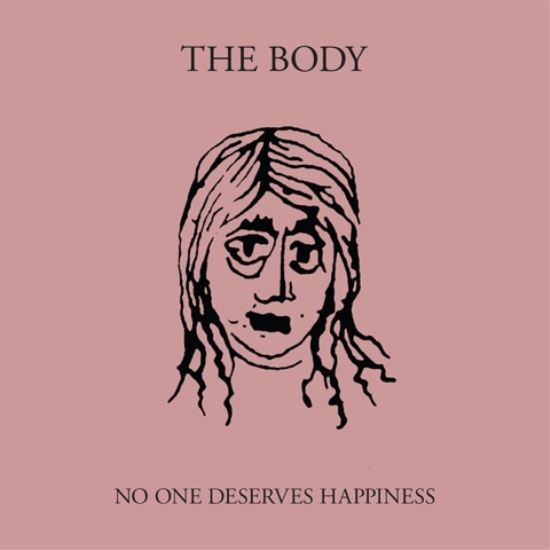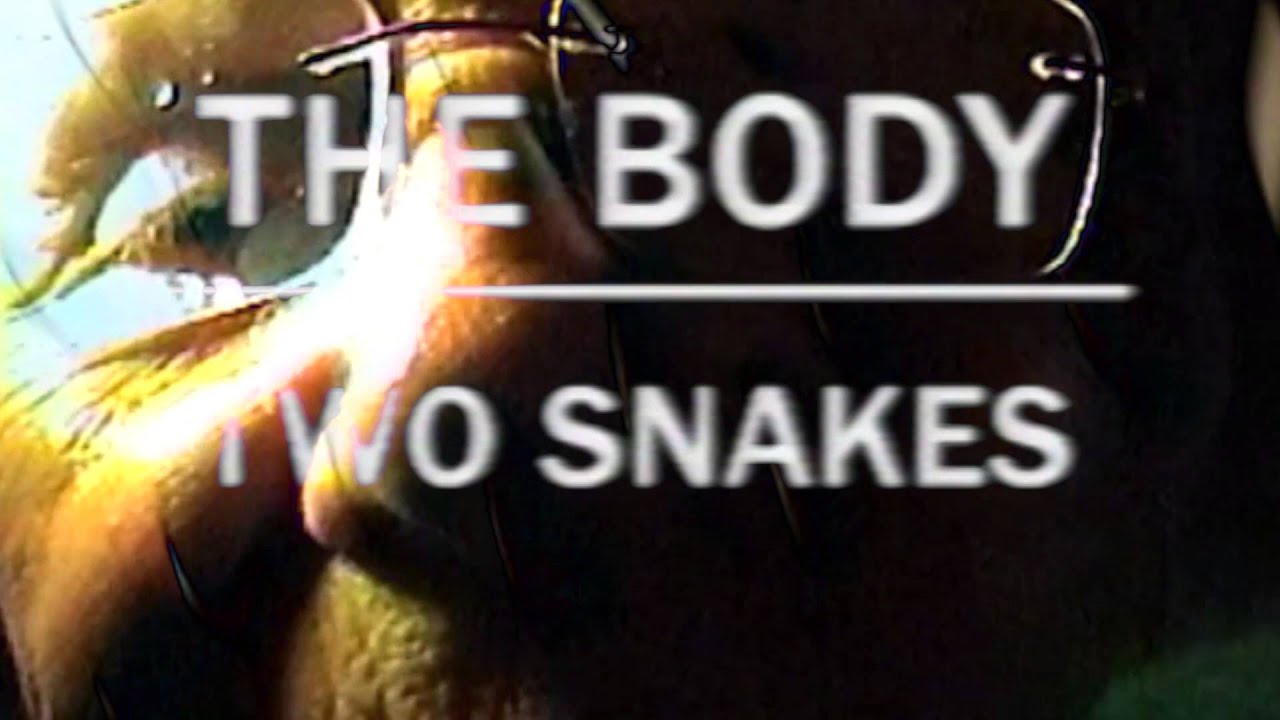Over the last few years a peculiarly pessimistic strain has been creeping into certain areas of popular culture. HBO’s True Detective owes just as much of its enormous success to its central character Rust Cohle’s philosophically bleak outlook – itself cribbed from horror writer Thomas Ligotti, who’s books are not coincidentally enjoying a resurgance in popularity – as to any more pacy, genre-based thrills. Grant Morrison and artist Chris Burnham’s Nameless is a space-horror comic constructed in the sure and certain faith of man’s complete and utter insignificane in the face of the universe. And Alan Moore and Jacen Burrows’ ongoing Providence is an unsettling and, on occasion, troublingly relevant revisit of HP Lovecraft’s themes of cosmic horror through the prism of his societal and sexual neurosis. What unites these works is a sense of the sheer scale of the emptiness the protagonists – and thus us – struggle with. As if it were less an empty void and more a six-trillion mile high dungeon, a monolith to strike awe and to be feared, but also a place for adventure, where victories are illusory and hard won but felt and real in their moment. It’s a strain of epic nihilism that is also reflected in The Body’s No One Deserves Happiness, an album that on occasion feels like it’s struggling to stagger under the weight of the entire cosmos, but is somehow managing to keep on putting one foot in front of the other.
The last couple of years have been marked by a difficult to follow flurry of activity from The Body, due to a series of collaborations that have served to highlight various different strains of their sound while also – if this album is any evidence – providing them with insight into a whole new range of techniques and musical approaches. No One Deserves Happiness is a rich listen – on occasion an over rich listen – but it’s continued evidence of The Body’s aversion to repeating themselves and willingness to view their sound with an appropriate lack of respect and preciousness. It keeps things interesting, and even its slips are admirable for their ambition.
One of the collaborations that seems to have left its mark most forcefully on The Body is their team up with The Haxan Cloak on 2014’s I Shall Die Here. Whilst electronics have always been a part of the Body’s sound, mostly in a far more noise based and abrupt power electronics-derived style, this time around they are woven into the muscle of the tracks. Long stretches of crackle and hiss thicken up Chip Kid’s guitar like flour in white sauce and lock the disparate elements of the sound together, while electronic rhythms also line the fabric of the album, with ‘Two Snakes’ possessing a bounce that wouldn’t sound out of place on a track by The Bug (needless to say, there’s a collaboration in the can already). Most headily of all, on ‘For You’, The Body present the most uncomprimising result of their researches into the combination of harsh noise and extreme metal to date. A scrap yard of butchered screeching and coruscating electronics played with relentless metallic heft, that brings their sound within spitting distance of the old testament horrors evoked by acts such as Gnaw Their Tongues and Aevangelist.
But it’s the more conventionally melodic elements on No One Deserves Happiness that are the most noteworthy. The band have enlisted a series of guest vocalists for the album – most notably Maralie Armstrong on the tracks ‘Shelter Is Illusory’ and ‘Adamah’ – and their contribution is felt throughout the record, with several tracks featuring vocals similar to those provided by the Assembly of Light Choir on The Body’s previous album, 2013’s Christs, Redeemers. In this respect the band’s own description of No One Deserves Happiness as "the grossest pop album of all time" is misleading. The material is more conventionaly melodic, but it often leans heavily on the kind of strident vocalese that wouldn’t be out of place soundtracking a film that featured people saying "my liege" to each other. It can be overbearing and occasionally threatens to unseat the tracks entirely. Indeed ‘Shelter Is Illusory”s vocals threaten to become bathetic at points, and to take the body toward a more straightforwardly ‘powerful’ and less hard earned sound than at any point in their previous releases.
However, as distracting as these elements can be, they set up a friction between attraction and repulsion that strengthens a theme that dominates No One Deserves Happiness – for this listener at least. With it’s conventional melodic stretches constantly threatened by encroaching walls of noise and Chip King’s anguished howls, it becomes a statement of intent. Its rage in the face of despair is given a perfect metaphor. No matter how far the album threatens to fly, it’s always getting pulled back into the filth.
It’s in its last third that No One Deserves Happiness comes into its own, and its weird see-sawing motion between despair and escape is best encapsulated and transcended. ‘The Fall And The Guilt”s bloodstained collision of Judy Sill and Consumer Electronics stands apart from the rest of the vocally led songs because of its modesty. A simple piano, a voice and a wash of scraping and pulsing noise to bleed through the cracks. Strangely enough what I’m most reminded of is The Afghan Whigs circa Gentlemen, an album that trafficked in a similar air of hopeless effort and the lethargy that follows, albeit from a standpoint more informed by Dashiell Hammett than HP Lovecraft.
‘Prescience’ starts with a spoken excerpt highlighting the continuous nature of abuse, before tumbling into a leaden, punch drunk passage of doom riffing that gradually, strainingly, pulls itself up off the floor to form a weeping ziggurat of defiant shrieks and hurricane volume, before falling over in total dejection. It’s magnificent. Closing track ‘The Myth Arc’ again pits a simple melody against the forces of destruction, but this time the message is a lot clearer. "I will find you…" repeats the voice, over and over. Whereas on previous releases this would have sounded like a threat – some sad promise of a future pain – on No One Deserves Happiness, in the light of all that’s come before, it becomes a comfort. It strikes the listener that, for the first time, The Body have made an album in which the light is winning, at least for one tiny moment. In its refusal to grovel before its own insignificance No One Deserves Comfort encapsulates epic nihilism at its most defiant and its most utterly hopeless.



